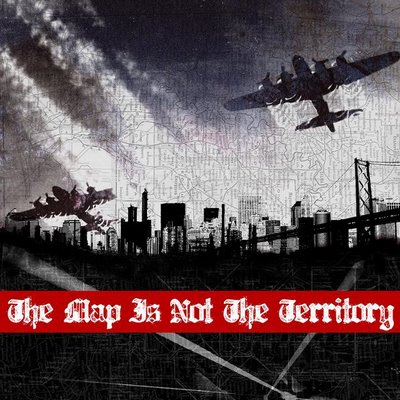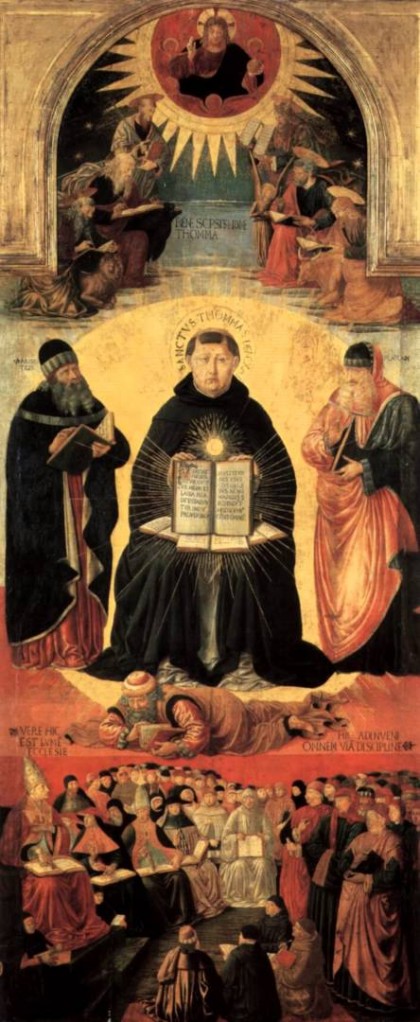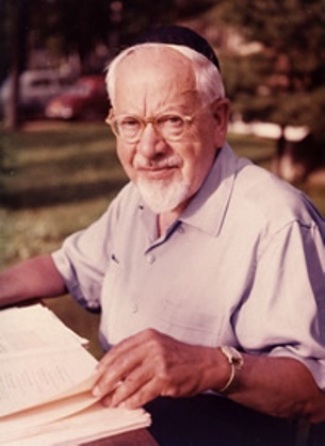Beltane Moon of the Summer Solstice
 I guess it’s time to admit it. I’m a deeply religious guy, whatever that means. It means at least that I find religion and religions fascinating, personally transformative. I have approached religion since high school with a mixture of deep skepticism and a willingness, no, a need to rethink, refeel, reexperience what I’m told.
I guess it’s time to admit it. I’m a deeply religious guy, whatever that means. It means at least that I find religion and religions fascinating, personally transformative. I have approached religion since high school with a mixture of deep skepticism and a willingness, no, a need to rethink, refeel, reexperience what I’m told.
J. Harry Cotton, professor of philosophy at Wabash College, introduced the radical skepticism to my journey. In my senior year of high school I had grown dissatisfied with the Methodist version of Christianity, so I asked the local Roman Catholic priest to give me instructions in the Catholic faith. He introduced me to the traditional Aquinian arguments for the existence of God. Since I had not, at that time, fully recognized the relentlessly logical bent to my mind, I found these arguments profound and felt like the Methodists had hidden them from me.

Then, that fall, J. Harry systematically dismantled each one of them. It’s not hard to do with the proper philosophical tools. Take God as the Aristotelian prime mover of the universe. God put the whole shebang in motion, otherwise how would things have gotten started? Well, like many similar arguments, this one suffers from the problem of infinite regression. So, if the universe required a prime mover, then who or what moved the prime mover?
When I left J. Harry’s class that afternoon, walking across the great lawn with brick academic buildings on every side, my world had been shaken at a foundational level. Out went the whole Christian project in my life, right then. Later, I would find Camus and his version of existentialism, which still informs me, but then, there was nothing.
 Since that day until now my ancientrail has always wound its circuitous path back to the big questions. I’ve explored Christianity, Islam, now Judaism, Taoism, existentialism, various spiritual disciplines like lectio divina, meditation, morning and evening prayers, contemplative prayer, even some modest peaks into Tibetan buddhism occasioned by my friendship with Gyatsho Tshering. Though I am now and have been for a while an idiosyncratic version of Taoist/pagan, I’m finding the Reconstructionist path in Judaism a surprisingly familiar one.
Since that day until now my ancientrail has always wound its circuitous path back to the big questions. I’ve explored Christianity, Islam, now Judaism, Taoism, existentialism, various spiritual disciplines like lectio divina, meditation, morning and evening prayers, contemplative prayer, even some modest peaks into Tibetan buddhism occasioned by my friendship with Gyatsho Tshering. Though I am now and have been for a while an idiosyncratic version of Taoist/pagan, I’m finding the Reconstructionist path in Judaism a surprisingly familiar one.

Reconstructionist thought, begun by Rabbi Mordecai Kaplan, is radical. Very radical. He asserted that the Torah is not divinely inspired. He went on to say that God as a supernatural intervener makes no sense. He rewrote Jewish rituals and insisted on a reexamination of the whole tradition, reconstructing it where it made sense. I love a key line of his, “The past gets a voice, but not a veto.” Yes. Very Emersonian.
Maybe my reimagining faith project is not so far out as I have sometimes thought. Perhaps it’s the work I’ve been in training for most of my adult life. What if I knuckled down and got at it with a reconstructionist bent in mind? Might be interesting.
